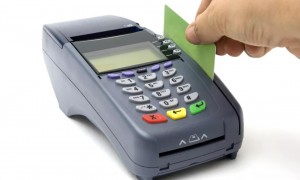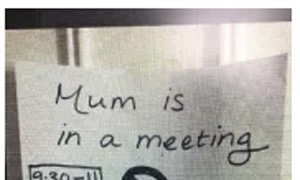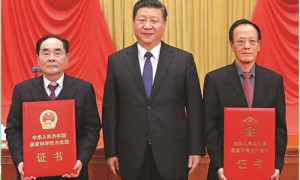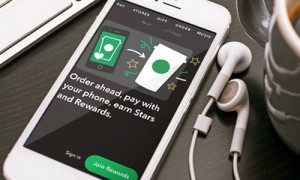条件句的商务实战应用
商务场景中,条件句(If从句)使用频率高达37%(剑桥商务英语语料库数据)。第一类条件句(If+现在时,will+原形)适用于方案陈述:'If we expand the Asian market, our revenue will grow by 15%'。谈判中巧妙运用第二类条件句(If+过去时,would+原形)能委婉表达立场:'If we accepted this term, our profit margin would be affected'。特别注意虚拟条件句中were的用法:'If I were the decision-maker...'比'If I was...'更显专业。
被动语态的权威塑造
商务文书使用被动语态的比例是日常英语的2.3倍(牛津商务英语研究)。在事故报告等敏感场景,'The delivery was delayed due to customs clearance'比主动语态更显客观。但需避免过度使用,建议在强调责任主体时切回主动语态:'Our QC team detected the defect'。特殊被动结构如'It is estimated that...'/'It has been decided...'能增强决策权威性。注意不规则动词的过去分词形式,如'bid-bidden'在合同条款中的正确使用。
时态选择的策略意义
商务演示中,现在完成时(have+过去分词)突显持续成果:'We have cooperated with 20 Fortune 500 companies'。未来进行时(will be doing)软化指令语气:'You'll be receiving the draft by Friday'。在跨时区沟通中,需明确时间状语避免歧义,比较'We signed the contract (yesterday)'与'We have signed the contract (recently)'的不同时效暗示。财报分析要特别注意过去完成时(had done)表达先发事件:'The costs had exceeded budget before we implemented new controls'。
几个练习句子
If we receive the client's inquiry, we will prepare the quotation immediately
如果收到客户询盘,我们会立即准备报价单
The annual report is being reviewed by the finance team
年度报告正在由财务团队审核
It is recommended to adopt more eco-friendly packaging solutions
建议采用更环保的包装方案
结论
商务场景的语法应用远超过考试要求,需要把握三大核心原则:1)条件句构建逻辑说服力 2)被动语态维持专业距离 3)精准时态传递时效信息。建议每月精读《经济学人》商务版块标注语法结构,并建立易错语法自查清单。记住,优秀的商务沟通者永远在简单语法中展现深度掌控。







